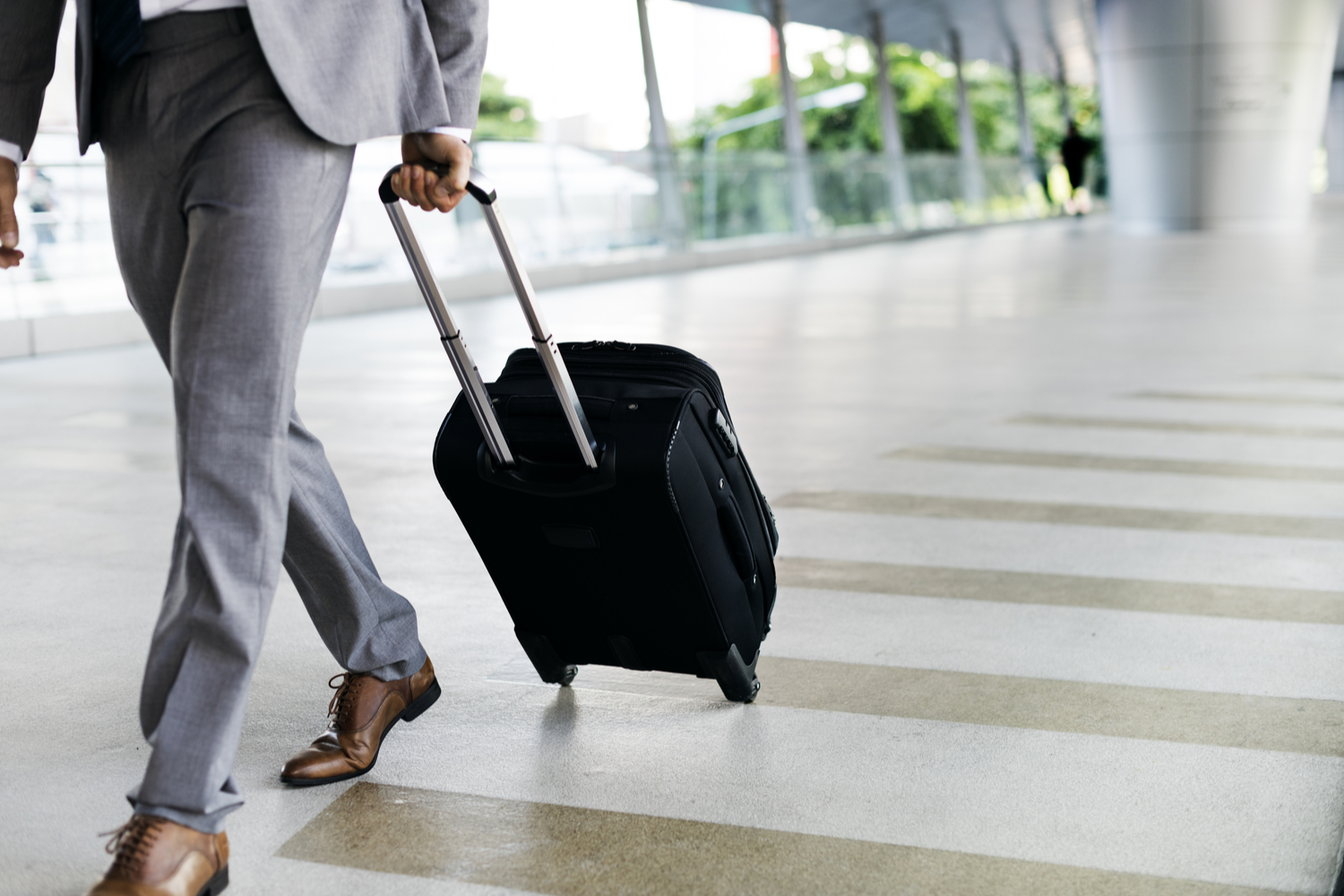
International business travel could restart if agreement is secured to safeguard journeys of up to 72-hours free from quarantines, says the World Travel & Tourism Council (WTTC). The joint recommendation for the short stay exemption comes from the European Union Aviation Safety Agency and the European Centre for Disease Prevention and Control (EASA/ECDC) and is welcomed by WTTC, which represents the global travel private sector.
EASA and ECDC have joined forces to call for an exemption on quarantine for people travelling for less than 72 hours, a move which WTTC believes could signal the return of international business travel and provide a significant economic boost. The proposal is also under active study by the UK government, according to the Report of the Global Travel Taskforce, of which WTTC is a key contributor, which was prepared for the Department for Transport.
WTTC agrees with EASA/ECDC who have called for travellers not to be automatically considered as high-risk for possibly spreading the infection. However, the recommendations fall short as they do not address the replacement of quarantines for a testing regime at departure, with quarantines causing untold damage to the already struggling global Travel & Tourism sector.

Gloria Guevara, WTTC president and CEO, said: “The revival of international business travel is crucial to kickstarting the global economic recovery, as last year, inbound international business travel across Europe accounted for USD 111.3 billion whilst globally it accounted for more than USD 272 billion. The EASA/ECDC proposed guidelines to exempt passengers from quarantines for travel of 72 hours or less would be a significant step in the direction towards the wholesale revival of business travel.”
“Airlines, hotels and a vast infrastructure of businesses within the global tourism sector, all heavily rely upon business travel. The loss of international business travel leaves airlines especially exposed, particularly on highly competitive short-haul and transatlantic routes, which depend upon them for the bulk of their profits, she added. “While we welcome all initiatives which could lead to the revival of international travel, we hope to persuade EASA and ECDC to focus on testing at departure, rather than at the point of entry, so as to reduce the possibility of transmission on board aircraft and reduce unnecessary barriers to travel.”
The guidelines from EASA/ECDC considered the reduced likelihood for infection for those travelling for short periods (i.e. those expecting to return within 72 hours or less) and where contacts with the local population are limited and avoiding any social interactions.
It suggests such travellers should not be subjected to quarantines and/or COVID-19 testing unless they show any symptoms of the virus. However, it continued to recommend all of those who travel must still ensure they adhere to local social distancing rules, to protect themselves and others around them, at all times.


Comments are closed.